In a recent episode of the Armchair Expert podcast hosted by actor Dax Shepard and Monica Padman, a conversation between Shepard and guest Jonathan Van Ness—the hairstylist best known for his work on Queer Eye—veered into a heated debate about trans rights and representation in the media.
The conversation was ignited when Shepard raised concerns about the New York Times, asserting that it was a "left-leaning" newspaper.
Van Ness, who identifies as nonbinary and is a staunch advocate for trans rights, countered Shepard's claim by highlighting instances where the publication had platformed anti-trans beliefs and misinformation. Van Ness argued that these actions did not align with a progressive stance.
You can hear what transpired by listening to the audio below.
‘Scared’ Jonathan Van Ness bursts into tears during debate with Dax Shepard defending trans rightswww.youtube.com
As the debate intensified, Shepard ventured into the topic of transgender kids, expressing discomfort about teenagers transitioning and questioning whether they might change their minds:
“Some people are very uncomfortable about teenagers transitioning. They’re challenging that. How do we know that person’s not gonna change their mind?"
"Then there’s another counter argument: Well, if they kill themselves, that’s really f**king permanent. That’s a good counter argument."
"To even question it makes you an enemy. I don’t think that’s the way forward.”
Van Ness, clearly exasperated, proceeded to educate Shepard on the complexities of trans issues.
They emphasized the importance of considering factors such as the inherent dangers in sports, the financial barriers that impact a child's ability to participate, and the scientific evidence surrounding trans athletes' inclusion in sports:
“I feel like I’m talking to my dad." ...
“There’s just so many things that are so much more important, and we’re over here being like, ‘Well, there’s legitimate concerns [about transgender athletes]."
“When you have an outsized reaction to something, there’s a good chance that you’re being exposed to misinformation and disinformation.” ...
“When you have an outsized reaction to something, there’s a good chance that you’re being exposed to misinformation and disinformation. It does hurt my heart to see people I respect taking up for [these] positions."
Van Ness cried as he made an appeal for transgender kids' humanity, stressing the importance of transgender rights and gender-affirming care as well as the GOP-led controversy about their participation in school sports:
"I just get a lot of little kids who like, don't get allowed to join groups. I was bullied for my gender expression when I was a little kid and there are a lot of little kids who aren't going to be Olympic gold medalists. They don't want to go to the f**king Olympics."
"99 percent of kids who want to play sports aren't trying to go to the Olympics. I could just cry because I’m so tired of having to fight for little kids, because they just want to be included."
“I wish that people were as passionate about little kids being able to be included or grow up as they were about fictitious women’s fairness in sports. I have to tell you I am very tired.”
The exchange between Van Ness and Shepard was particularly striking because Shepard posted an Instagram post that suggested Van Ness' appearance on the podcast had been an altogether positive experience.
Many criticized Shepard and expressed their support for Van Ness after hearing what had transpired.
Later, Shannon Watts—the gun control activist who founded Moms Demand Action (MDA)—accused Shepard of hypocrisy when she pointed out he'd declined to have her on his podcast "because guns are too controversial."
According to the Human Rights Campaign (HRC), over 35 percent of transgender youth live in states that have passed bans on gender-affirming care.
A recent study showed that transgender adults with access to puberty blockers as teens were less likely to have suicidal thoughts.
The study, published in Pediatrics, concluded that "those who received treatment with pubertal suppression, when compared with those who wanted pubertal suppression but did not receive it, had lower odds of lifetime suicidal ideation.
These facts have been consistently ignored by Republicans who have claimed these medical treatments amount to "mutilation" and have weaponized them to shun transgender people from public life.

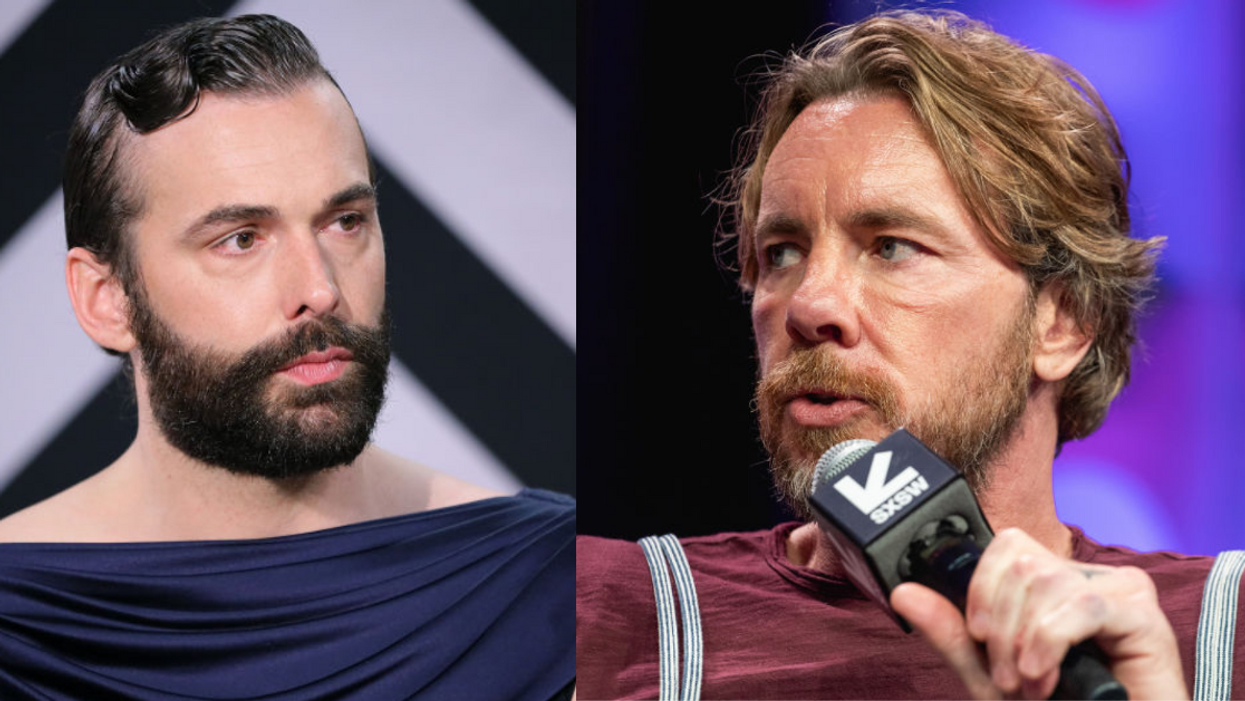






 @iamdaydreamin_/Instagram
@iamdaydreamin_/Instagram @loversfriendschi/Instagram
@loversfriendschi/Instagram @peachyyyangieee/Instagram
@peachyyyangieee/Instagram @y2kbug.zip/Instagram
@y2kbug.zip/Instagram Allie/TikTok
Allie/TikTok EclipseHope13 - /
EclipseHope13 - / Karina Skellington/TikTok
Karina Skellington/TikTok Nadia Spitaels/TikTok
Nadia Spitaels/TikTok Kkkkkakes/Instagram
Kkkkkakes/Instagram mister_bones__/TikTok
mister_bones__/TikTok



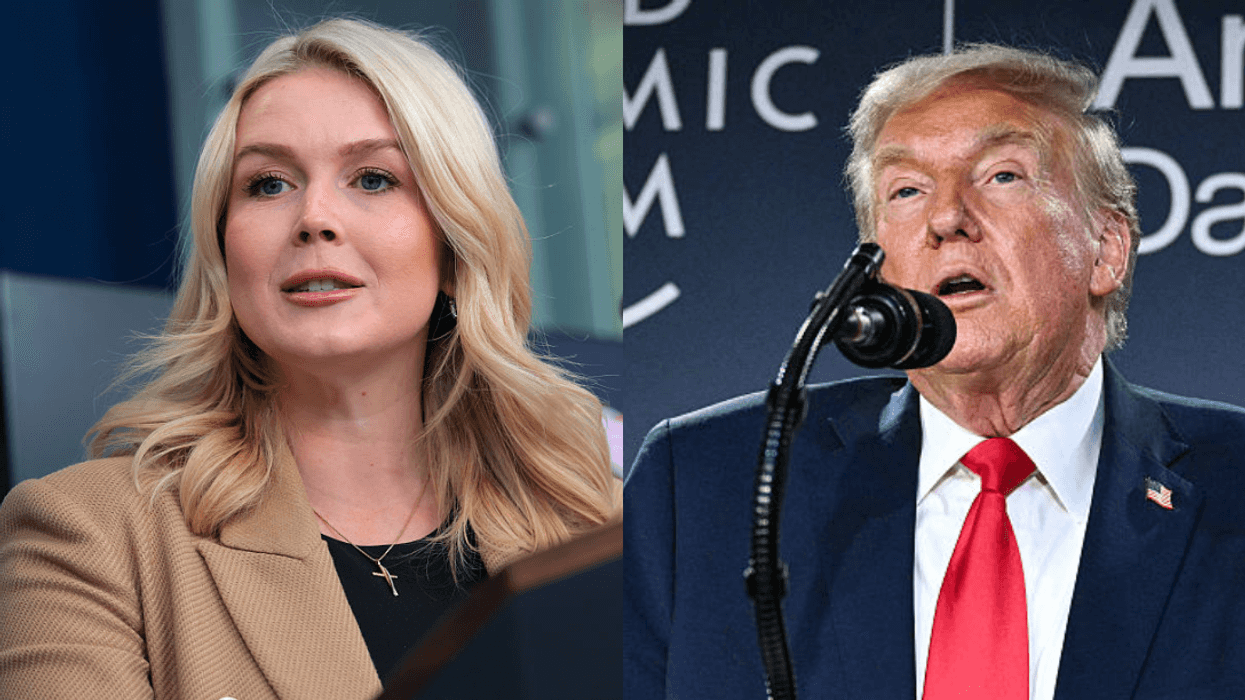

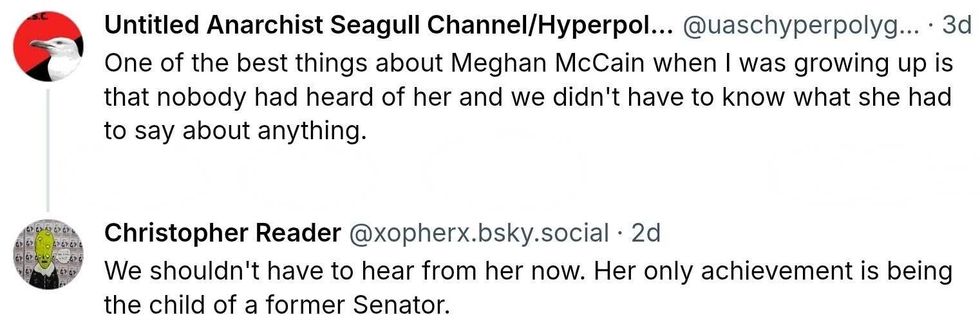 @uaschyperpolyglot; @xopherx/Bluesky
@uaschyperpolyglot; @xopherx/Bluesky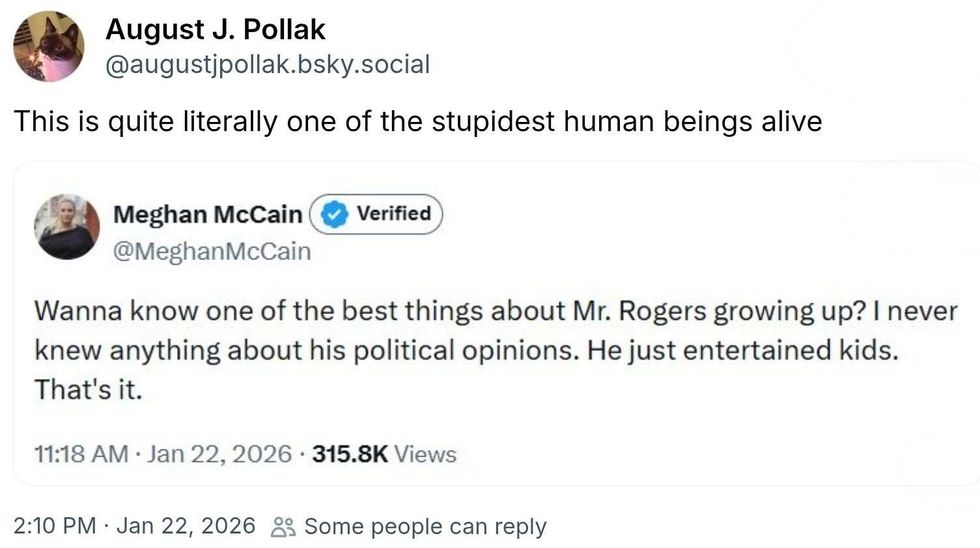 @augustjpollak/Bluesky
@augustjpollak/Bluesky @augustjpollak/Bluesky
@augustjpollak/Bluesky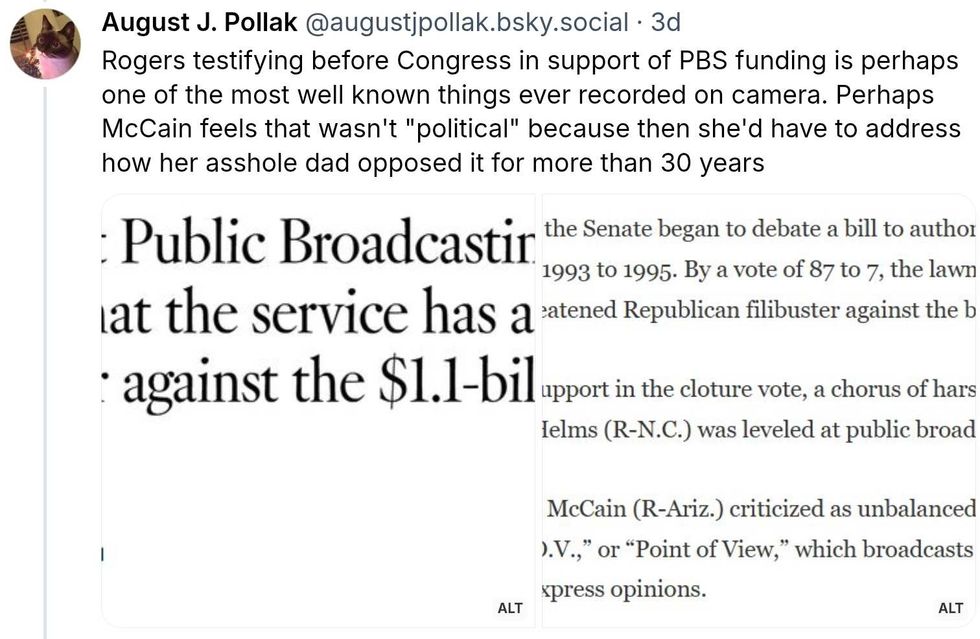 @augustjpollak/Bluesky
@augustjpollak/Bluesky @owill8s/Bluesky
@owill8s/Bluesky @sethcotlar/Bluesky
@sethcotlar/Bluesky @zoesamuel/Bluesky
@zoesamuel/Bluesky  @clggmf/Bluesky
@clggmf/Bluesky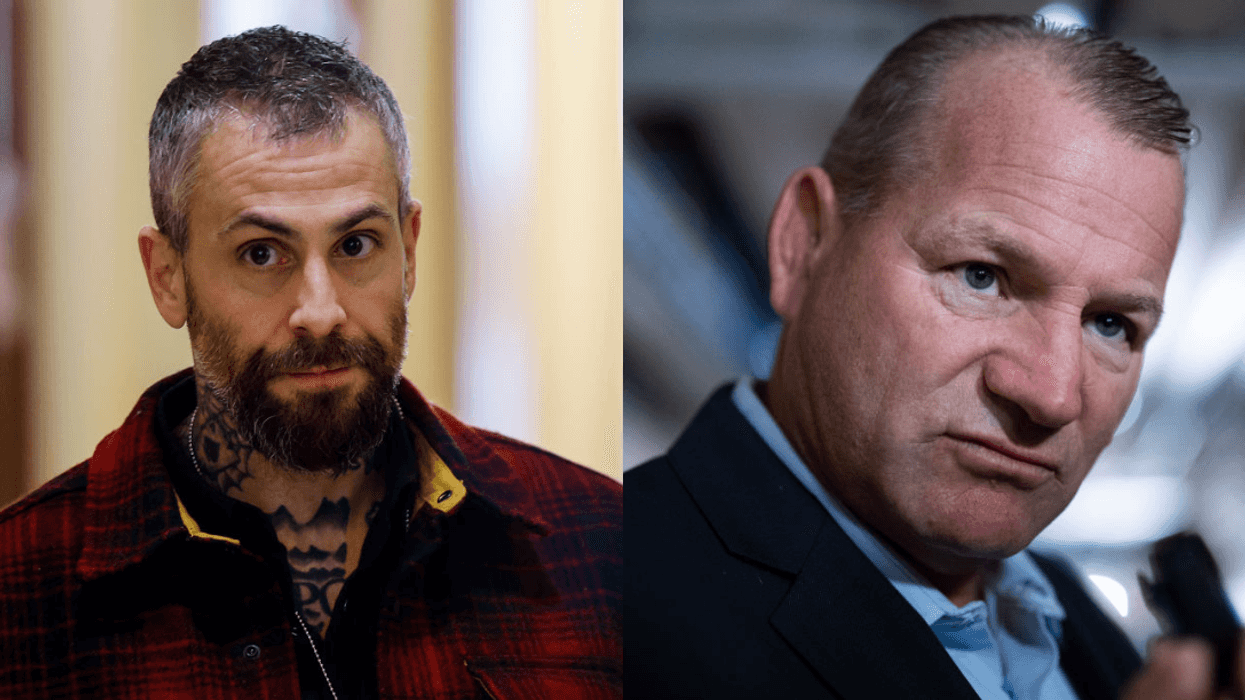


 Friends Hug GIF by MOODMAN
Friends Hug GIF by MOODMAN  Body Wiggle GIF
Body Wiggle GIF  Aging Jamie Lee Curtis GIF
Aging Jamie Lee Curtis GIF  Serious
Serious